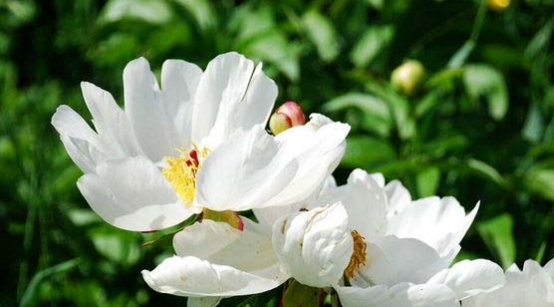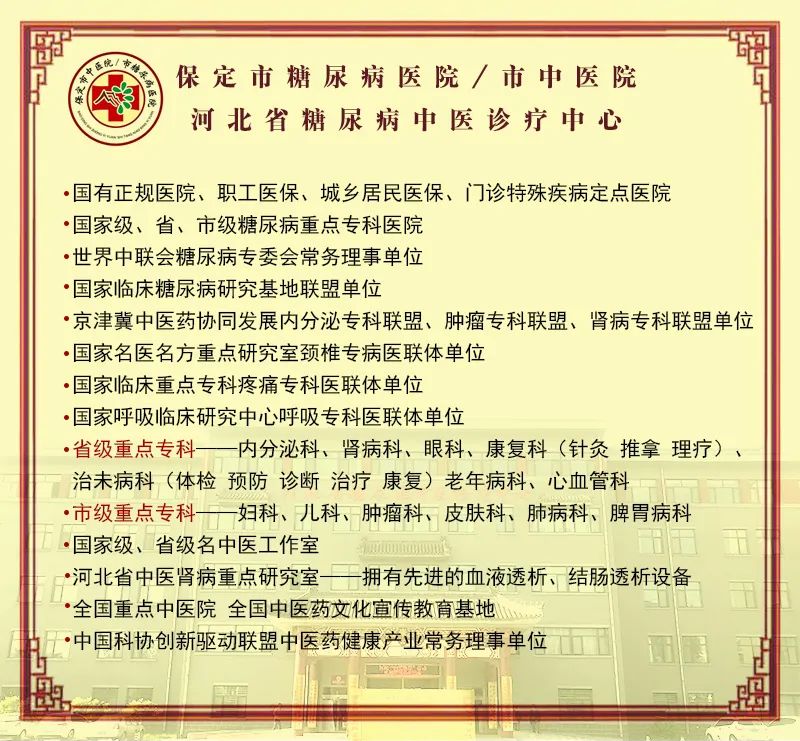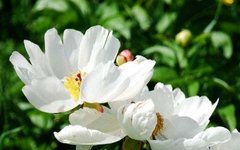Bai Shao (White Peony)
is the dried root of the perennial herbaceous plant Peony (Paeonia lactiflora) from the family Ranunculaceae. It is mostly cultivated artificially. The roots are harvested in summer and autumn, cleaned, and the head and tail along with fine roots are removed. They are boiled in water and then peeled or boiled again after peeling, and finally dried.
Properties Bitter, Sour, Slightly Cold
Main Functions
It nourishesthe blood and alleviatespain. Its effects include:1. Antispasmodic and analgesic. It has a lowering effect on muscle tension and inhibits movement in the smooth muscles of isolated rabbit intestines and the stomach and uterus of rats.2. Sedative. Paeoniflorin has an inhibitory effect on the central nervous system.3. Antibacterial. It has significant antibacterial effects against Staphylococcus aureus and Shigella dysenteriae.4. Antifungal. It inhibits various skin fungi, such as Tinea cruris, to varying degrees.Additionally, experiments have preliminarily proven that Bai Shao can inhibit gastric secretion and prevent stress-induced ulcers in rats; clinical observations also show that Bai Shao has effects of sweating and diuresis.MeridiansIt enters the Liver, Spleen, and Lung meridians.FunctionsIt tonifies blood, astringes yin, and soothes the liver to relieve pain.IndicationsDizziness, chest and abdominal pain, pain in the flanks, urgent limbs, diarrhea with abdominal pain, persistent sweating, irregular menstruation, and other symptoms.Clinical ApplicationsIt is mainly used to soften the liver and relieve pain, nourish blood, and tonify yin.1. It is used to treat abdominal pain, primarily due to liver excess and spleen deficiency, disharmony between liver and stomach, and stagnation of liver qi causing abdominal pain (such as in ulcer disease, gastrointestinal inflammation, and liver area pain during hepatitis). Bai Shao can relieve spasms and soften the rigid nature of liver qi, making it “gentle” and preventing pain. This effect is referred to as “softening the liver.” When there is heat, it can be combined with Chai Hu to clear the liver and relieve stagnation, enhancing the analgesic effect, as in the formula Si Ni San.For abdominal pain and tenesmus caused by dysentery, fresh Bai Shao can be combined with Mu Xiang and Bing Lang to regulate qi and relieve spasms, along with Huang Qin and Chuan Lian to enhance antibacterial effects and clear heat and dry dampness, as in the formula Shao Yao Tang.2. It is used to treat irregular menstruation and metrorrhagia with lower abdominal discomfort or pain, taking advantage of its blood-nourishing and analgesic properties, often combined with Dang Gui and Shu Di Huang for better effects in treating dysmenorrhea. Bai Shao is often indispensable in clinical formulas for treating dysmenorrhea.3. It is used to treat muscle spasms and convulsions in the limbs caused by blood deficiency, especially calf muscle spasms, which can relieve urgency and spasms while alleviating pain, often combined with Gan Cao, as in the formula Shao Yao Gan Cao Tang (experiments have shown that the effective components of Bai Shao and Gan Cao have a synergistic effect when combined).4. It is used to treat dizziness and tinnitus caused by liver yin deficiency. Bai Shao is referred to as the “chief herb for nourishing liver yin” and is widely used for dizziness, tinnitus, blurred vision, limb numbness, muscle twitching, pale tongue, and thin or wiry pulse (commonly seen in chronic hepatitis, anemia, hypertension, and arteriosclerosis), often combined with other yin-nourishing and blood-tonifying herbs such as Mai Dong, Dang Gui, and Shu Di Huang, as in the formula Bu Gan Tang.5. It is used after febrile diseases when yin fluids are depleted and urination is difficult. Bai Shao has diuretic effects, hence it is commonly used. It can also be used for those with yin deficiency and excessive sweating.

Previous Reviews
[TCM Specialty Night Clinic] TCM Specialty Therapy – Copper Gua Sha with Tiger Talisman
[Expert Introduction] Director of the Provincial Key Specialty at Baoding City Hospital of Traditional Chinese Medicine – Bi Shuguang
[Expert Introduction] Director of the Provincial Key Specialty at Baoding City Hospital of Traditional Chinese Medicine – Sun Yongzhi



